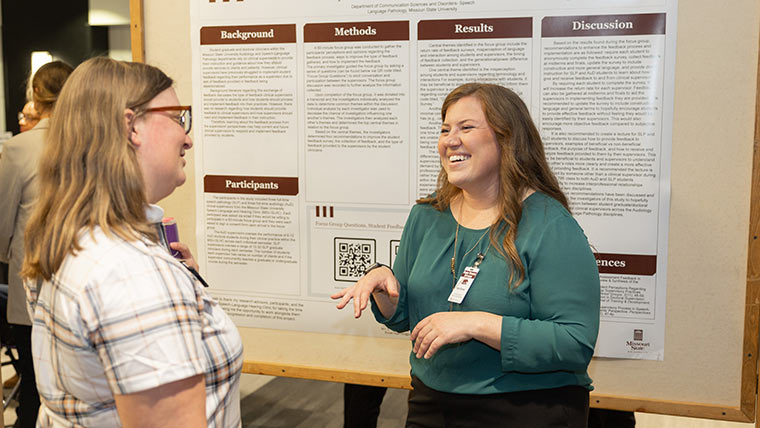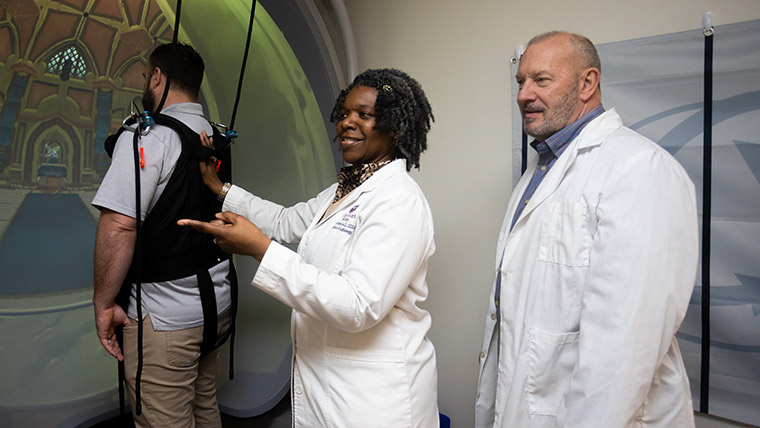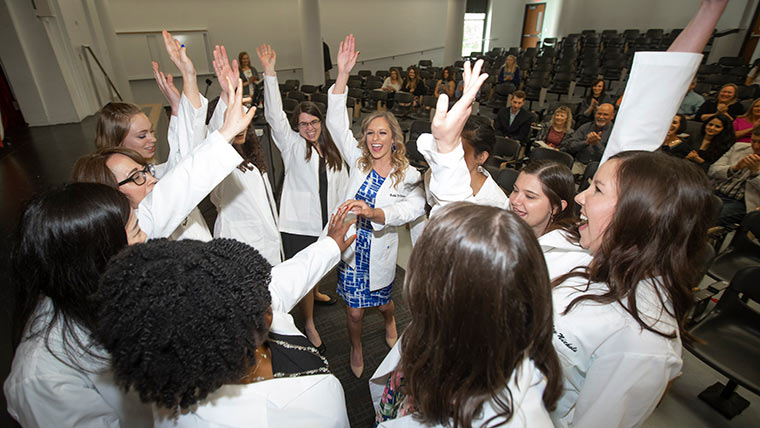Audiology Track
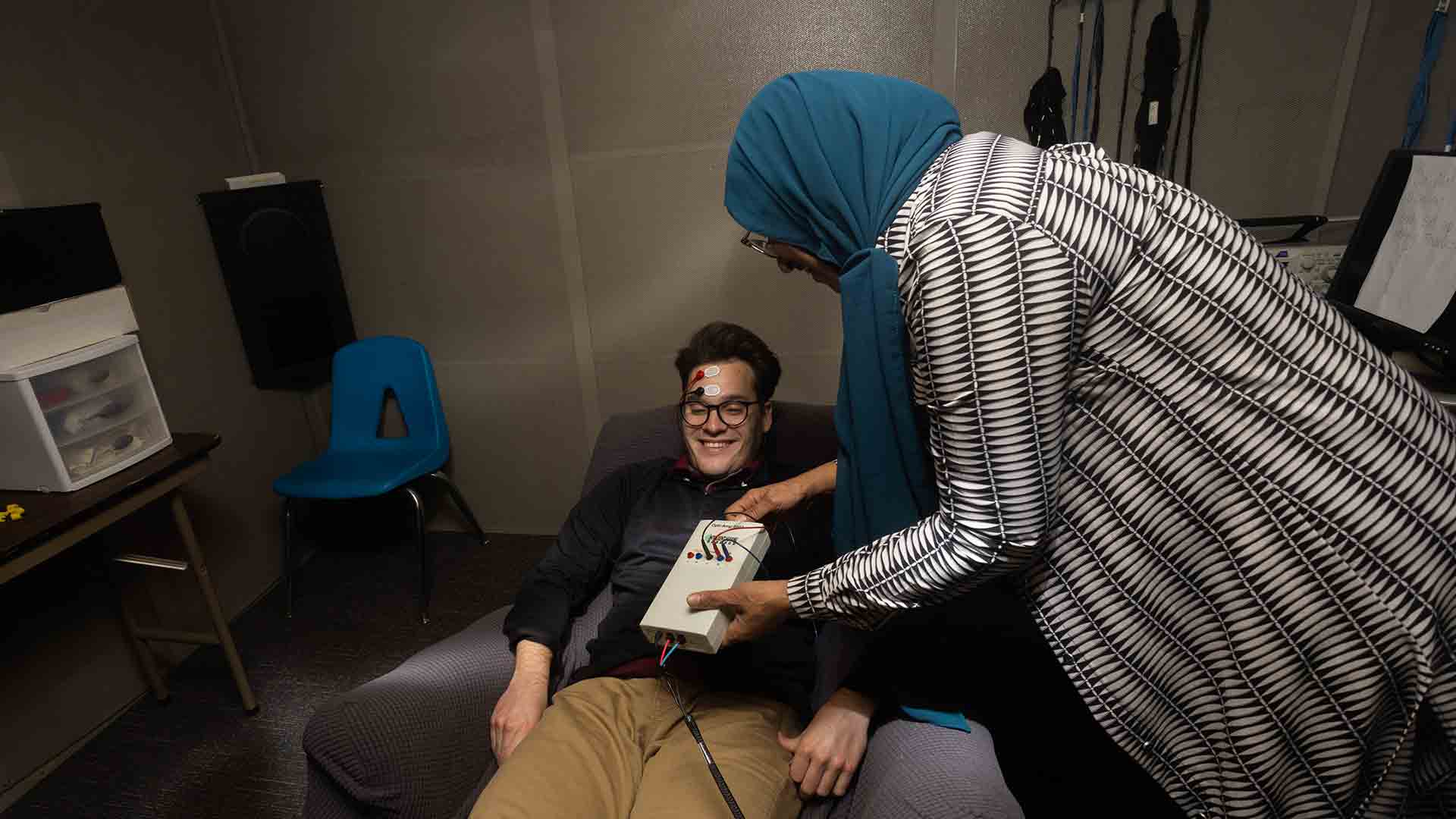
Begin your journey to audiology
Audiologists are experts on hearing and balance disorders.
If you want to become an audiologist, a bachelor’s degree (major) focused on audiology is a great way to start. You can also pursue audiology-related careers with just your bachelor's degree.
Why take the audiology track?
- Most audiology careers require graduate school. This track leads you there – you’ll have the credentials you need to pursue a Doctor of Audiology (AuD) degree.
- If you prefer to start your career sooner, you can still work in supporting roles related to audiology.
- Build your experience at the on-campus clinic while in school.
- Explore the methods used to diagnose and treat hearing/balance disorders.
- Your professors (teachers) are all clinical audiologists.
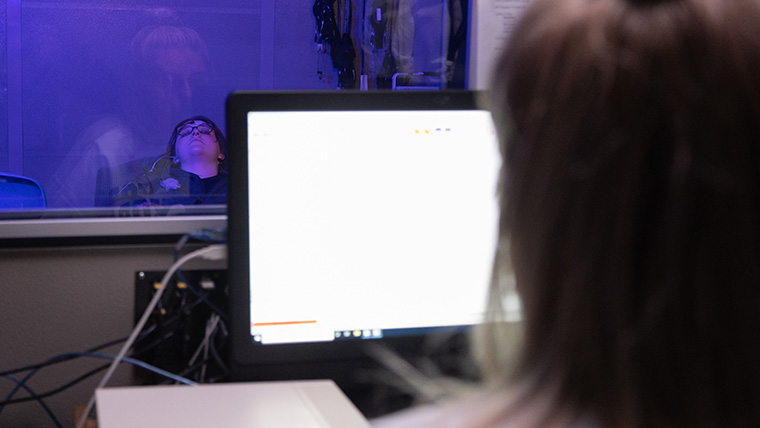
Degree options
Want to pursue a communication sciences and disorders degree with an emphasis in audiology? Use the four-year option as your schedule guide.
If you plan to pursue graduate school, an accelerated option helps you earn two degrees in less time.
